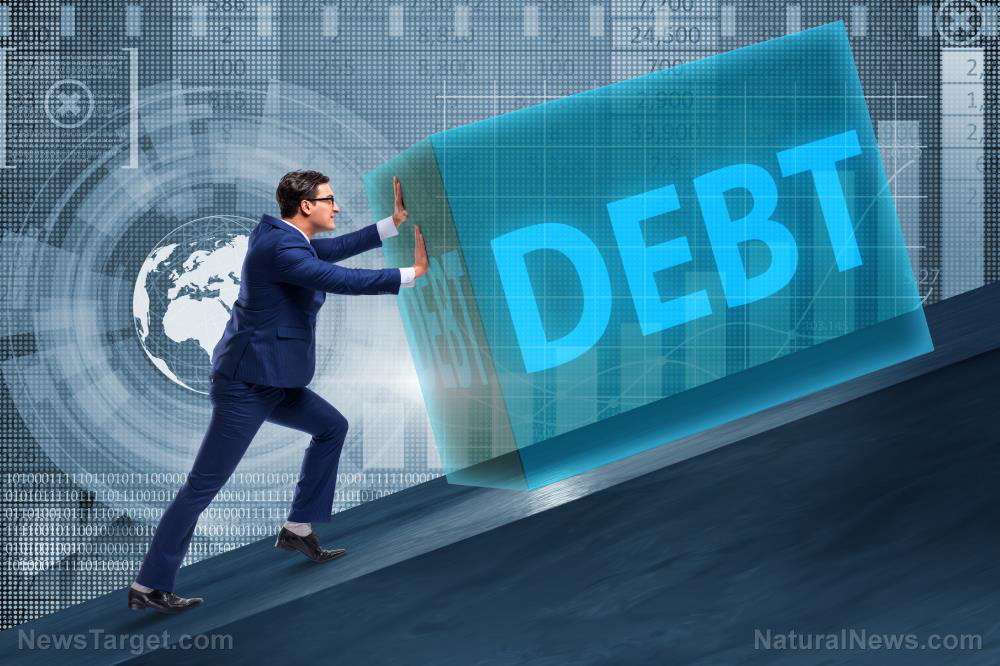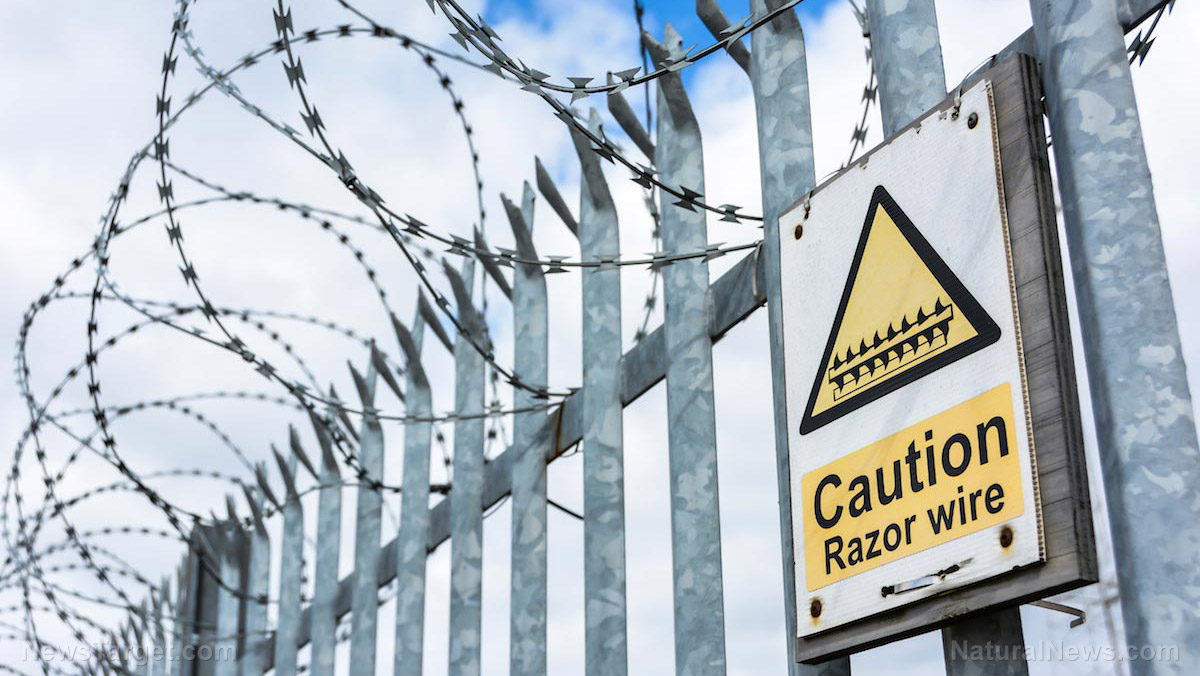American economy running on FUMES as consumer debt binge reaches ominous and historic fever pitch
01/25/2024 / By Ethan Huff

Cost of living in the United States is so out of control that consumers are going into debt like never before in the nation’s history.
This historic debt binge seemingly has no end, especially because of the increasingly harsh economic environment that is making it next to impossible for many people to continue making ends meet.
Housing costs are through the roof. Employers are laying off workers in record numbers. Poverty and homelessness are becoming the norm rather than the exception. America’s southern border is wide open to limitless “asylum seekers” who are displacing and replacing American citizens. Where does it all end?
For many, the only way to continue surviving in this hellscape is to go into debt. The latest data from the Federal Reserve shows that consumer borrowing increased much faster than expected in December, which saw higher spending than normal.
“U.S. consumers did not rein in their spending this past holiday season, and now have near-record-breaking debt balances to show for it,” one report explained.
“Consumer borrowing spiked by $23.75 billion in November, more than doubling economists’ expectations for a $9 billion increase and sending outstanding credit balances north of the $5 trillion mark for the first time on record.”
(Related: Check out the top 10 politicians who are on the dole of Israeli blood money.)
Inflation, debt, collapse
Higher rates of revolving credit, mostly from credit cards, are behind the monthly increase in borrowing that occurred in December, soaring by nearly $19.5 billion. This represents the third-highest monthly increase on record since 1943.
Though rapidly rising debt levels have not yet become unmanageable, this is changing as the debt crisis is leading the country off a financial cliff.
“Credit card usage and Buy Now, Pay Later usage seemingly surged during the holidays, on top of already hefty debt loads,” said Ted Rossman, a senior industry analyst at Bankrate.
Looking back at what happened in 2012 when the country was just coming out of what came to be dubbed as the Great Recession, even what happened then pales in comparison to the nightmare that is unfolding today as credit card rates have reached an all-time high with an average of more than 20 percent.
Credit card rates are also rising at the steepest annual pace ever, aligning with the Federal Reserve’s interest rate hike cycle.
“Most cardholders’ rates have risen five-and-a-quarter percentage points during that span as a result of the Fed’s rate hikes meant to combat inflation,” Rossman added. “It’s no wonder, then, that we’re seeing more people carrying more debt for longer periods of time.”
A recent survey found that a whopping 56 million credit cardholders in the U.S. have been carrying balances “for at least a year.” Roughly half of them now carry debt from month to month on at least one card.
More than 60 percent of America now lives paycheck to paycheck, and many of them are struggling just to pay their monthly bills, let alone having anything extra for a rainy-day emergency.
It is expected that things will worsen dramatically in 2024 as well. An economic downturn, as they are calling it, is sure to manifest – though many would argue that, based on pre-“pandemic” metrics, the U.S. has already been in a recession for some time now.
Cam Harvey, the economist who discovered the Treasury yield curve’s ability to forecast recessions, says that when yields on three-month Treasury bills remain higher than those on 10-year notes for at least three months, triggering an official inversion, a recession is sure to follow.
“The indicator has preceded each of the last eight recessions and has not produced any false positives,” reported Business Insider about Harvey’s model.
Very soon, the world as we currently know will change, forever. Learn more at Collapse.news.
Sources for this article include:
Submit a correction >>
Tagged Under:
Bubble, Collapse, credit card debt, debt bomb, debt collapse, delinquency, economic riot, economy, fiat, finance, finance riot, government debt, Inflation, market crash, money supply, national debt, pensions, ponzi, risk
This article may contain statements that reflect the opinion of the author
RECENT NEWS & ARTICLES
COPYRIGHT © 2017 CHAOS NEWS




















